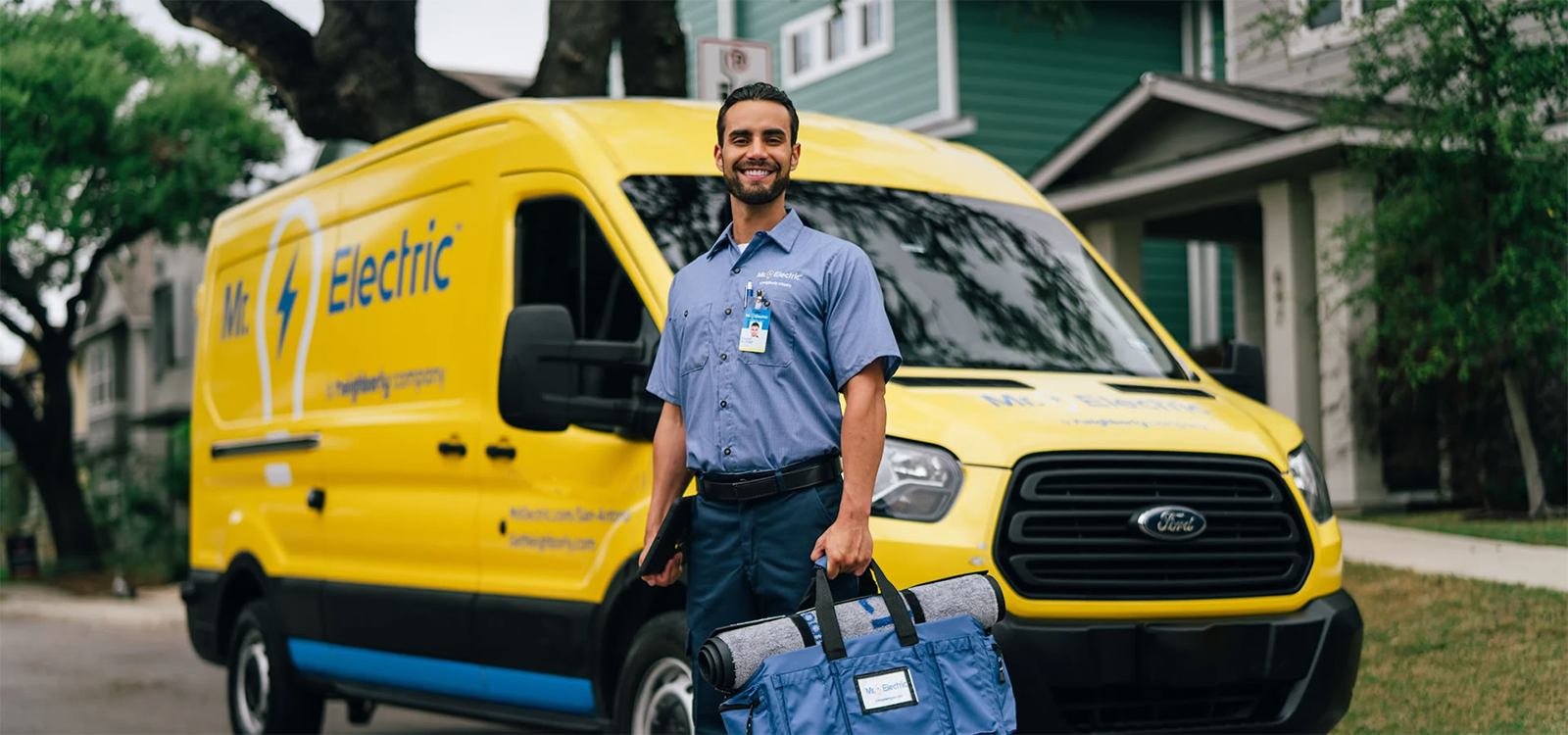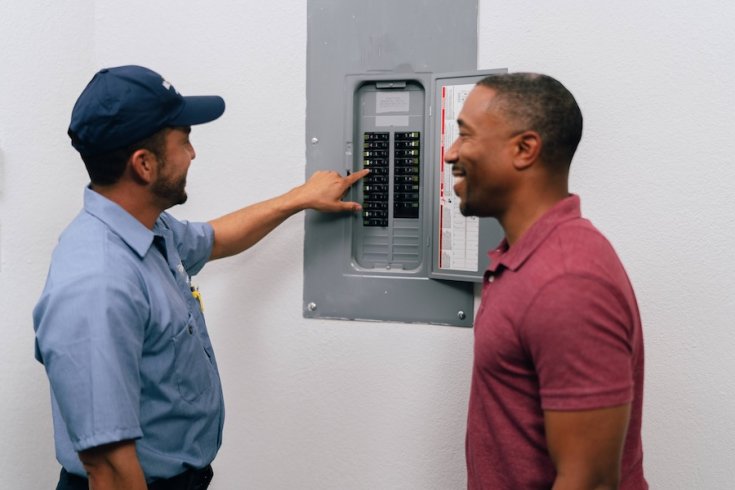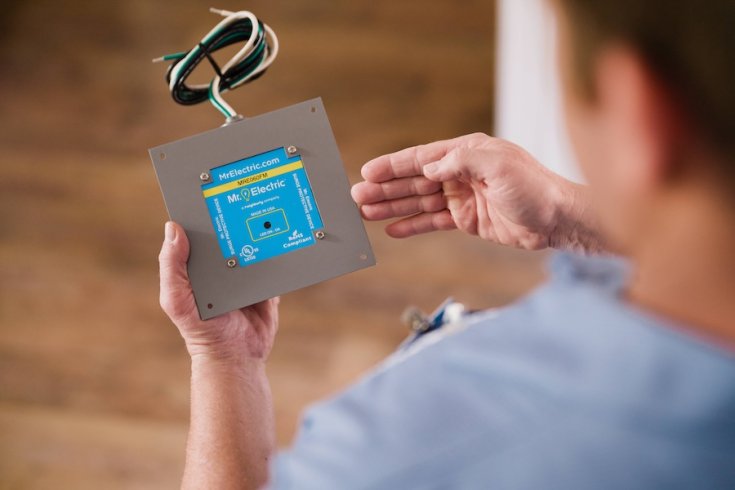5 Common Code Violations
While there are overarching national standards set by organizations like the National Electrical Code (NEC), the authority to adopt and enforce these codes primarily rests with state and local governments. As a result, you will find differences in electrical codes and regulations across different states and even among municipalities within the same state. It is vital that individuals performing electrical work understand local codes and regulations.
If you are not familiar with local electric codes and regulations, then we advise against performing DIY electrical work. Hire a reliable electrician instead to save yourself from legal trouble, costly mistakes, and safety hazards. Residents in the Austin area can call Mr. Electric to schedule reliable and affordable electrical repair service.
- Unpermitted Electrical Work
One of the most prevalent DIY electrical code violations is performing electrical work without obtaining the necessary permits. Permits are crucial for ensuring that electrical installations meet safety standards and local regulations.
Before starting any electrical project, check with your local building department to determine if a permit is required. Fill out the necessary permit application and pay the associated fee. Wait for the permit to be issued before beginning your project.
DIYers often overload electrical circuits by connecting too many devices or appliances to a single circuit. This can lead to overheating, increased risk of electrical fires, and frequent circuit breaker trips. The National Electrical Code (NEC) specifies the maximum load a circuit can handle, and exceeding this limit is a clear violation.
Familiarize yourself with the NEC guidelines regarding circuit capacity and balance the load on circuits by distributing appliances and devices across multiple circuits. Consider upgrading your electrical panel or adding new circuits if you frequently experience overloaded circuits.
- Improper Wiring and Connections
Using the wrong wire size or type, not securing wires properly, or making improper connections can lead to electrical hazards. Inadequate wiring can lead to fires, electrical shocks, and equipment damage.
Educate yourself on the NEC's wiring and connection requirements to use the correct wire size and type for the intended purpose. Make proper and secure connections with wire connectors or terminals.
- Poor Grounding and Bonding
Grounding provides a path for electrical faults to dissipate, reducing the risk of electrical shock and fires. Bonding, meanwhile, connects all non-current-carrying conductive materials to make sure they remain at the same electrical potential. Inadequate grounding and bonding can increase the risk of electrical shock and fires.
- Inappropriate Use of AFCIs and GFCIs
Arc Fault Circuit Interrupters (AFCIs) and Ground Fault Circuit Interrupters (GFCIs) are safety devices designed to prevent electrical fires and protect against electric shock. DIYers may install these incorrectly or omit them where required. GFCIs are necessary in wet areas like bathrooms and kitchens while AFCIs are essential in bedrooms and other locations.
How to Avoid Mistakes and Costly Legal Trouble
DIY electrical work might sound like a good way to save a few bucks, but the risks generally outweigh the benefits. If you prefer to keep safe and spend your time on something more worthwhile, then leave the electrical repair and installations to certified electricians. Mr. Electric is proud to offer quick, affordable, and reliable service in the area.







